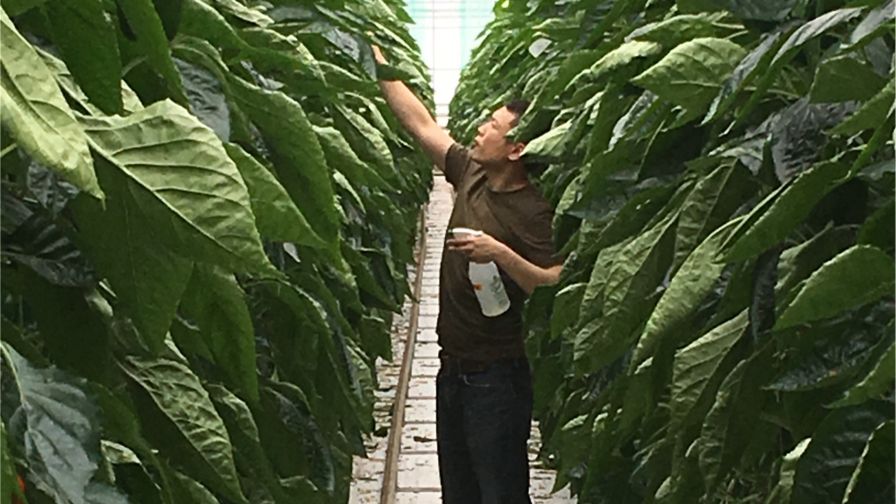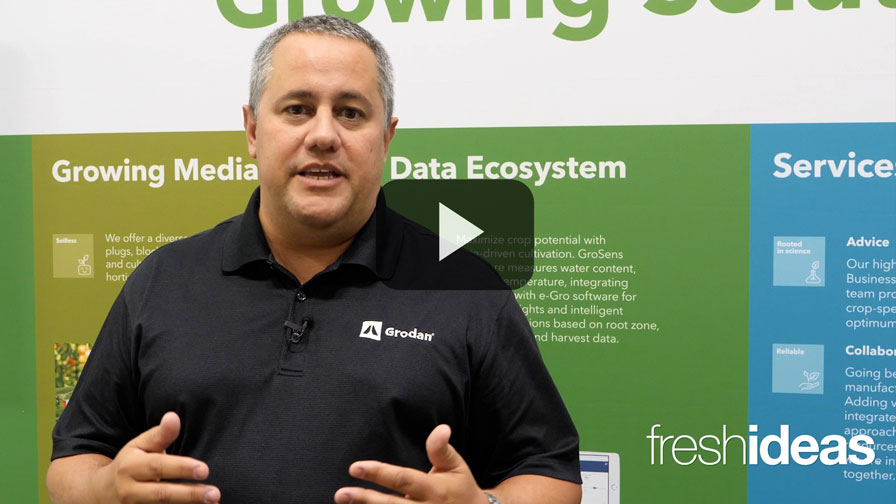The Whys Behind the Whys of the Great Resignation (Opinion)
A record 4.3 million Americans quit their jobs in August, according to a recent Job Openings and Labor Turnover Survey conducted by the U.S. Bureau of Labor Statistics. Employment vacancies fell to 10.4 million and quit rates rose to 2.9%. It’s no wonder people are scratching their heads over the lack of workers in restaurants and hotels. Where have all the workers gone? Reasons range from retirement and health concerns to childcare issues, enhanced unemployment benefits, and pandemic-induced fears. But some of the reasons behind the recent surge in quit rates are harder to detect than the obvious culprits, or worse, they’re ignored. At a time when employee retention is critical, addressing these issues on the employer’s part can give employees more reasons to stay.
Burnout. Work burnout is real and many of us have struggled with it this year. The Predictive Index conducted a survey of nearly 2,000 workers across 15 industries to ask about what is causing them to quit their jobs. The company published its findings in the 2021 People Management Report. Check out these statistics on burnout.
- 36% of respondents say their manager seems burned out at work.
- 40% of respondents say they feel burned out at work.
- 45% of respondents report their team members seem burned out at work.
You might think burnout is an individual problem, remedied by a firm “no” and feet up on the couch, but that is no longer the case. The high turnover rates, increased healthcare costs, number of sick days taken, and low productivity resulting from employee burnout will impact your company sooner or later. If you haven’t thought about a burnout strategy for employees at your company, now might be the time to do so to head off future problems. You don’t have to be the psychologist, but you can offer support, options, and resources.
Lack of flexibility. The pandemic has ended the days of being tethered to a chair on-site. Workers have learned their jobs can be done remotely and at times other than traditional business hours. They want more control over when and where they work. Remote work may not be the best option for your business, but it doesn’t mean you have nothing to offer. Perhaps you could extend part-time versus full-time options, opportunities for flexing work schedules, or a hybrid approach between work in and out of the office.
Low job satisfaction. Engaged and motivated employees for the most part are usually the ones who love their jobs. They’re productive, loyal, and less likely to walk out the door. What factors contribute to employees who are happy with their jobs? They feel safe, respected, and valued. They work in a safe environment, enjoy opportunities for career advancement, and receive adequate pay and benefits. And, if they are happy with where they work, they are bound to tell people. This builds your reputation and attracts people to your company.
Purpose. People need to feel that their work matters. They’re looking for meaning and fulfillment in what they do. New research on the meaning of work, reported in the Harvard Business Review, shows that nine out of 10 employees are willing to earn less money to do meaningful work. Millennials especially want to work for companies with a social purpose. A 2016 study from Cone Communications revealed that 76% of Millennials consider a company’s social and environmental commitments before deciding where to work, and 75% of Millennials would take a pay cut to work for a socially responsible company. Suddenly, corporate responsibility has become a company benefit that might draw Millennials to your ranks.
Labor is scarce right now and much of the focus is on attracting new talent. You can’t go wrong in addressing some of the forementioned issues at your company. Give your people reasons to stay.









